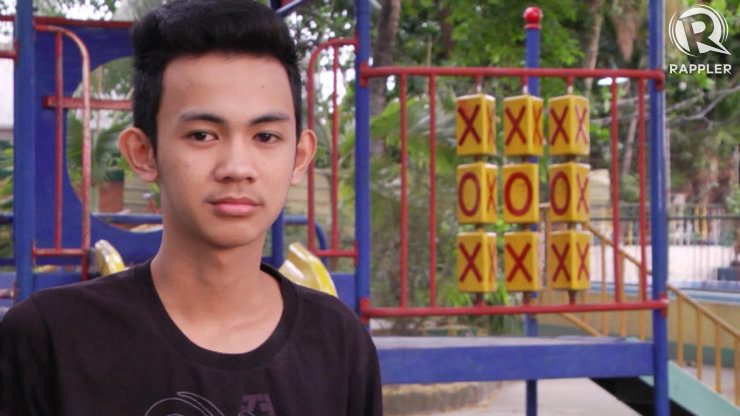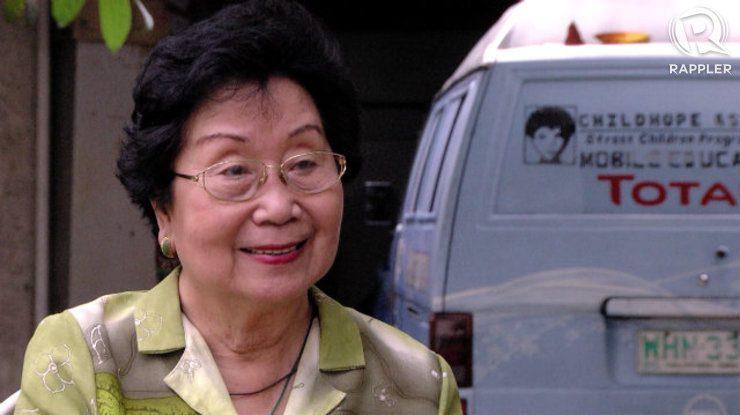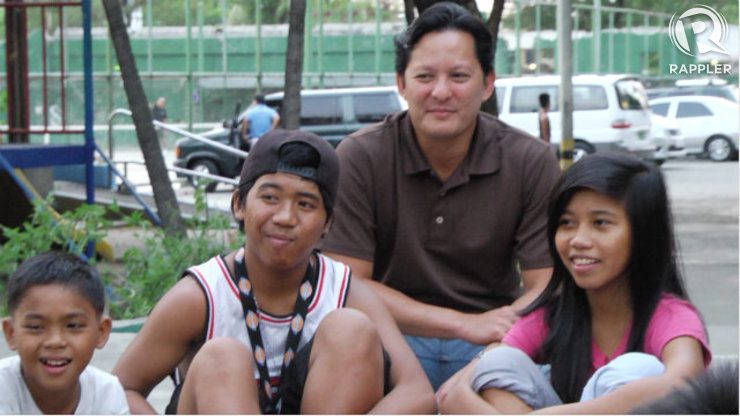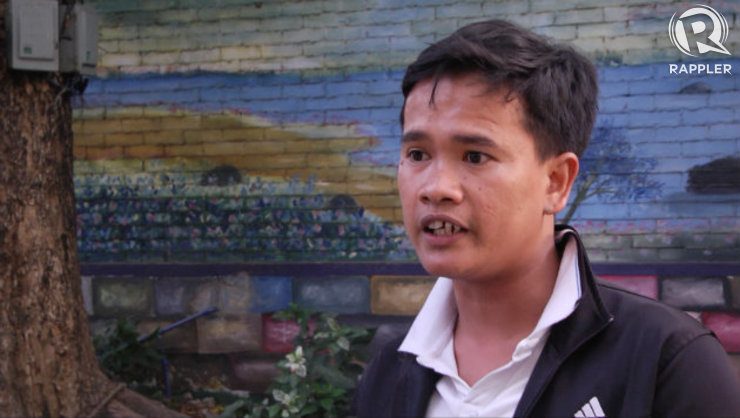SUMMARY
This is AI generated summarization, which may have errors. For context, always refer to the full article.


“The benefits of economic growth in the Philippines is not yet reaching the poorest of the poor,” Silva told Rappler.
From 1200 street child scholars, the program can now only cater to 600 children.
“The issue of looking for partners, international and local, remains a big challenge,” said Silva.
Chips Guevarra, a board member of Childhope Asia, said that sacrifices had to be made in order to sustain the program.
When the organization could no longer afford their office rent, Silva converted her own house into their main headquarters.
Guevarra also said that Silva became very sick from looking for ways to raise funds. She was hospitalized for several weeks.
“Ms. Silva, even if she’s the founder and executive director, she’s never taken a salary. Never. She’s been living off her savings since. She has no other form of income,” said Guevarra.
“Kung kulang yung funds (If funds are short), she gives from her own funds.”
The organization is relying on a small team of dedicated workers to continue the mobile education program.

Practical learning
For the street child scholars, Childhope Asia offers so much more than basic education.
Children are taught lessons on sanitation, reproductive health, and their rights as a child. The organization provides temporary spaces where street children can feel safe and learn without fear of discrimination from others.
“One of the things that we have to address is their confidence, because they are so insecure,” said Guevarra, who started out as a volunteer tutor.
“For example, every time I do tutoring, the first thing I hear is bobo ako sa math or bobo ako sa english,” he said. (I’m stupid with math, I’m stupid with english.)
“In a span of two years, those who were saying bobo ako sa math, they were now at the top of their class. Their confidence went up,” added Guevarra.
He also said that street children constantly feel that, because they grew up in the streets, they are not smart enough or good enough for formal schooling.
Many of the children have no other chance to go to school other than the mobile education provided by Childhope Asia.

Doing more
Childhope Asia also offers counseling for children who have been sexually abused.
Children as young as 7 years old are taught simple modules about ‘no-touch’ zones in the body, as well as where to seek protection against violence and abuse.
Gilboy Dilao, a street child turned social worker who finished college with the help of Childhope Asia, councils abused children on a daily basis.
“Bilang social worker, yun yung goal mo na dapat ‘di na maulit yun. Dapat yung perpetrator niya, dapat makulong yan,” said Dilao. (As a social worker, it should be your goal that the abuse doesn’t happen again for the child. The perpetrator should be arrested.)

Giving back
There are many beneficiaries of Childhope Asia, like Dilao and Natividad, who have returned to the streets, this time as tutors and mentors to young children.
Despite their own personal needs, they still find the time to give back to the organization that once nurtured them.
“Lagi kong pinagdarasal kasi siyempre baka mabigyan pa rin nila ako ng opportunity, mabigyan ng tulong,” said Natividad. “Gustong gusto ko po tumulong sa Childhope.” (I always pray that I will be given another oppurtunity. If I get to study, I really want to help Childhope).
WATCH: Street children left behind by ph economic growth
– Rappler.com
Learn how you can get involved in Childhope Asia’s activities as a volunteer, donor, or partner by visiting the Childhope Asia website.
Add a comment
How does this make you feel?
There are no comments yet. Add your comment to start the conversation.